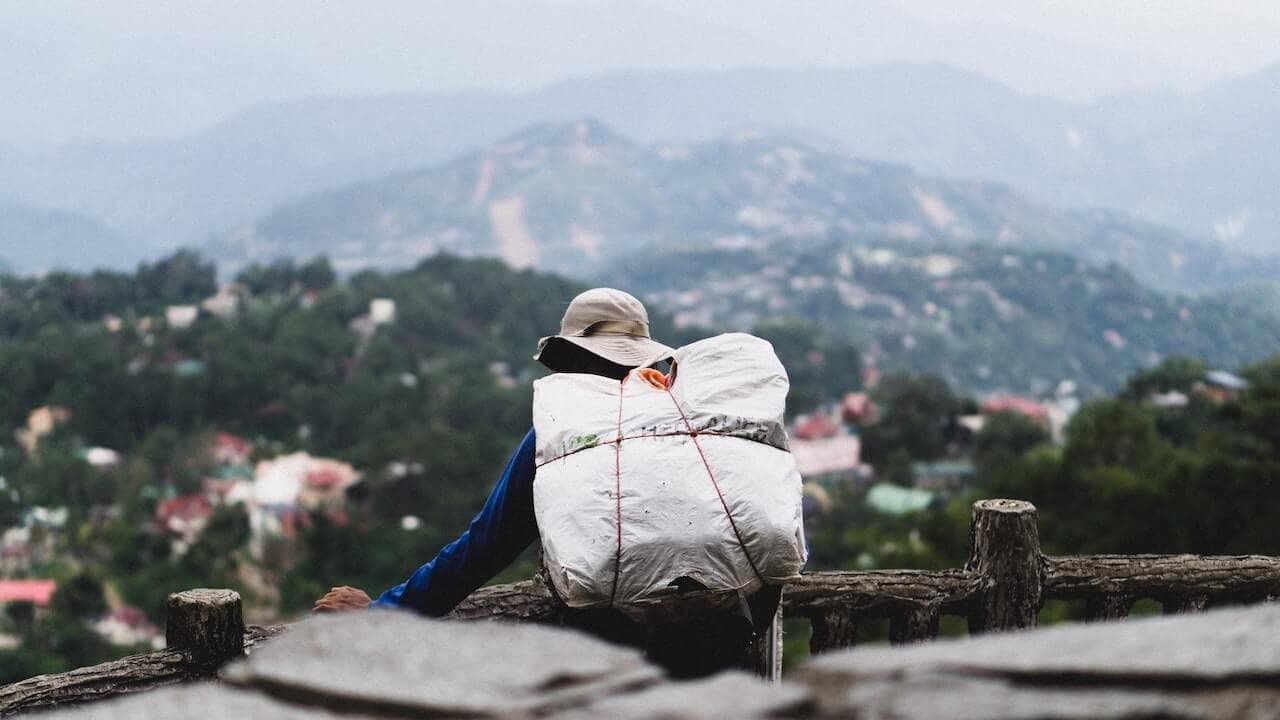
Uddebo, Sweden to Bologna, Italy via Prague, Czech Republic (3400km)
It had been a relaxed day of travelling. Anna, Angela, and I had eaten a delicious breakfast that morning on the small island of Fejø, and then been driven to a ferry port on the south side of Denmark by the man we had been staying with, a wonderfully kind British expatriate called Peter. When we reached the port he hadn't wanted to leave us.
“If everything went right for you today,” he said, “how far would you want to go?”
And then, after a moment: “I could take you to Berlin, if you wanted.”
We laughed and thanked him and refused.
“If we got to Berlin today,” I said, “We'd be like a dog that finally caught a rabbit. We wouldn't know what to do.”
The three of us tried to hitchhike on to the ferry, but the port staff moved us on pretty quickly and instead we boarded as fully paid foot-passengers. Once at sea, Anna and Angela went to work approaching people and asking for rides while I, lacking the feminine arts of persuasion (or perhaps just plain old courage), waited with our bags.
By the end of the journey they'd found two rides: neither had enough space to fit three extra people, so we split up and arranged to meet at the central station in Lübeck, Germany, which both rides happened to be passing through. My journey was uneventful; I got along well with my driver, a young mountaineer who was on his way back from a trip in Sweden, and conversation was easy. He had a job designing greenhouses to grow tomatoes on an industrial scale. “We would waste less energy if all of Europe's tomatoes were grown in Morocco and transported from there” he said. “You have no idea how much power it takes to grow tomatoes in an unfavourable climate.”
Lübeck was warm and full of tourists, so we decided to pay for our dinner by playing music on the street. Our little travelling band consisted of the following: Anna and Angela singing beautiful harmonies together; Anna rocking out on guitar; and me mostly using my own guitar as a kind of awkward percussive instrument, like a child given something to keep him busy while the adults do the real work. Still, Anna and Angela had lovely voices and we got a generally positive reception from the crowds as they walked by.
Performing together made for a nice moment in our travels and I decided to immortalise it with a photograph. My efforts with the camera were interrupted, however, by a young man who suddenly stepped out from the bustling stream of passers-by and addressed me with a short string of surprisingly soft German syllables.
“I speak English,” I said, my shameful reply in circumstances such as this.
“That's good,” he said in perfect English. “Have you got a place to stay tonight?”
“We're camping,” I said.
“You can stay at my place, if you want,” he said.
I looked at him for a moment. His expression was neutral, but his face looked kind. He seemed detached from the offer he had made: it wouldn't bother him if we said yes or no. I liked that – it was an honest offer, without any trace of an ulterior motive.
“Come on over and meet the girls,” I said.
He introduced himself as Torsten and we walked to his apartment to meet his girlfriend and drop our backpacks off. Torsten lived with his biological father, a man that he hadn't met until he was 18. Since then they had connected as friends, rather than father and son, and he more often described him as his room-mate than by their true relationship. But Torsten spoke of his “room-mate” with a deep affection and I wondered how many others could call their fathers their friends so truthfully. His girlfriend spoke good English and welcomed us without hesitation. Angela, Anna, and I decided to cook a big meal to thank them both for their hospitality, and Torsten countered our offer by saying he'd like to give us a tour of Lübeck first.
Torsten's mother had been a tour guide and his knowledge of his home town was encyclopaedic. Although we'd already seen most of Lübeck while looking for a place to busk, Torsten pointed out a thousand little things we'd missed or ignored. He showed us how the town had placed explosives on all the bridges in case of attack by Allied forces during WWII. He explained that Lübeck had the best marzipan in the world and that every year the local marzipan shops competed to build elaborate edible sculptures out of it. He told us about the seven churches of Lübeck and their histories and legends. At every turn the city was filled with secrets which he revealed to us one by one. Finally, as darkness fell, he took us to the top of a high-rise car park and we gazed across the lit-up roofs of the city.
I'd never heard of Lübeck before. I'd never planned to visit. And it was such a beautiful, interesting place. How many other places like this were out there, waiting for us to discover them?
“Thanks for trusting me so easily,” Torsten said later. “I was worried that I made you the offer too soon.”
“I could tell straight away that you are a good person,” I said.
But it wasn't true. We had taken a risk by trusting him. And we had been rewarded.